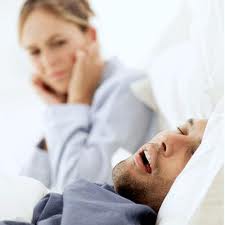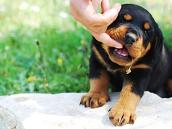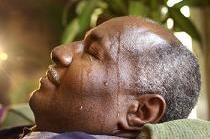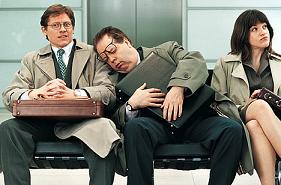How to Stop Grinding Teeth at Night
posted by: Rio Dianne
 For some, the most common sleeping behavior is to snore while asleep. However, most people also suffer from teeth grinding or medically known as bruxism while sleeping. Among the causes why one experience this condition is because of stress and anxiety. Other factors include missing or crooked teeth, sinus problems, and sleep disorders. Okay, so usually teeth grinding usually happen at night during sleep. How do you know if you grind your teeth? Well, if you are a bruxer, you may notice that upon awakening, you experience headaches, tooth damage, neck and shoulder pains, and jaw pain.
For some, the most common sleeping behavior is to snore while asleep. However, most people also suffer from teeth grinding or medically known as bruxism while sleeping. Among the causes why one experience this condition is because of stress and anxiety. Other factors include missing or crooked teeth, sinus problems, and sleep disorders. Okay, so usually teeth grinding usually happen at night during sleep. How do you know if you grind your teeth? Well, if you are a bruxer, you may notice that upon awakening, you experience headaches, tooth damage, neck and shoulder pains, and jaw pain.
The incidence of bruxism poses both medical and dental problem. When grinding happens regularly, your teeth can be damaged and will lead to other oral health complications such as dentin hypersensitivity and gum and jaw problems. Here are some tips on how to stop grinding at night. Read on.
How to Stop Grinding Teeth at Night
- Talk to your dentist about your issue. Your dentist can fit you with a night guard or mouth guard to protect your teeth from grinding whenever you sleep.
- Reduce stress. Seek treatment on how you can do it such as enrolling in an exercise program or stress counseling.
- Lie flat on your back when sleeping. This would work well on how to stop your teeth from clenching.
- Quit alcohol intake as it tends to aggravate the condition after alcohol consumption.
- One way to treat this is to avoid caffeine consumption which triggers you to suffer from the condition more.
- Do not chew non-food materials like pencils or pens. Moreover, avoid chewing gums as they result in clenching jaw more often thus making you a good candidate to likely grind your teeth.
- Position the tip of your tongue between your teeth everytime you notice that you grind during the day.
- Put a warm, damp cloth on your cheek area for 10 minutes before going to bed to calm your jaw muscles.
Follow some of the guides above on how to stop teeth grinding. Lastly, it also occur among children when their baby teeth emerge. The reason why this condition happens in a child or a toddler is not medically known yet. However, be sure to consult your child’s dentist to plan on how to treat your child’s bruxism.
You might also like
|
|
|
|
|




